Indias Foreign Minister S. Jaishankar has made strong remarks regarding comments from advisors of Bangladesh’s interim government, labeling their `anti-India` statements as “ridiculous.”
He expressed that Bangladesh needs to decide what kind of relationship they want with India.
These statements came up during a Q&A session at an event held at Delhi University on Saturday when Jaishankar was asked about the situation in Bangladesh.
Jaishankar was direct in his response, saying, “We have made our message very clear – you are our neighbor, and we want peace. We want trade, we want communication, and we want progress in other areas. But if messages or signals continue that are hostile towards India, that’s not something we will appreciate.”
His comments made it clear that while India seeks a peaceful and cooperative relationship with its neighbors, ongoing negative rhetoric from Bangladesh`s interim government is not going unnoticed.
He further pointed out that India and Bangladesh share a long history, particularly emphasizing the bond that has existed since the events of 1971.
“This is a unique relationship,” Jaishankar said, “but certain things have happened over the past year which are a cause for concern.”
In his remarks, Jaishankar identified two key issues that have caused significant concern for India regarding Bangladesh. First, he pointed to the continuous attacks on minorities in Bangladesh.
“I think this is greatly affecting how we view things,” he said, adding, “This is an issue we should address, and we are addressing it.”
The second concern was more political in nature. Jaishankar noted that Bangladesh has its own internal politics, and while India may not always agree with it, the two nations remain neighbors.
He emphasized that Bangladesh must decide the kind of relationship they want with India.
“If members of Bangladesh’s interim government are standing up every day and blaming India for everything… some of these things, if you read them, are just ridiculous.”
He gave a sharp analogy to drive his point home: “If I wake up every morning and start blaming you, it wouldn’t make sense for you to turn around and say, ‘I want to have a good relationship with you.’ So, it’s their decision to make about the kind of relationship they want with us.”
Jaishankar`s remarks come at a time of strained relations between Bangladesh and India, which intensified after the Awami League, led by Sheikh Hasina, was ousted through a student-led uprising.
Following her government’s downfall on August 5, Sheikh Hasina fled to India, and several senior Awami League leaders were arrested while others went into hiding.
The interim government, led by Muhammad Yunus, took charge and has initiated legal proceedings against Sheikh Hasina and other Awami League leaders at the International Crimes Tribunal.
The tribunal has classified the government’s actions during the protests as “genocide,” and several arrest warrants have been issued against Hasina in various cases.
On December 23, Bangladesh’s interim government sent a formal diplomatic note to India, under the extradition treaty, requesting Sheikh Hasina’s return to Bangladesh for trial.
However, India has not responded to this request yet.
Since Sheikh Hasina’s departure, tensions have simmered between Bangladesh and India.
The Yunus-led interim government has accused her of attempting to destabilize Bangladesh while staying in India, further straining the relationship.
Meanwhile, India has raised concerns about the safety of minorities in Bangladesh, urging action on the matter.
On the other hand, Bangladesh’s interim government has accused Indian media of spreading “false and misleading” information and engaging in “exaggerated propaganda.”
Both nations have exchanged statements on various issues, from border disputes to Sheikh Hasina’s statements, leading to several diplomatic back-and-forths.
The situation has even led to the summoning of diplomats from both countries over the ongoing tensions.
In response to a journalist’s question during a press briefing at India’s Ministry of External Affairs, the Ministry’s spokesperson, Randhir Jaiswal, acknowledged the concerns about the anti-India remarks.
“Yes, we have noticed these statements, and they are certainly not favorable. What specific impact they will have on particular issues will be addressed by the relevant authorities,” he said.
As the political climate continues to shift in Bangladesh, India appears to be closely monitoring the developments, especially as it relates to its own interests and regional stability.
It remains to be seen how both countries will navigate the diplomatic challenges that have arisen in recent months.


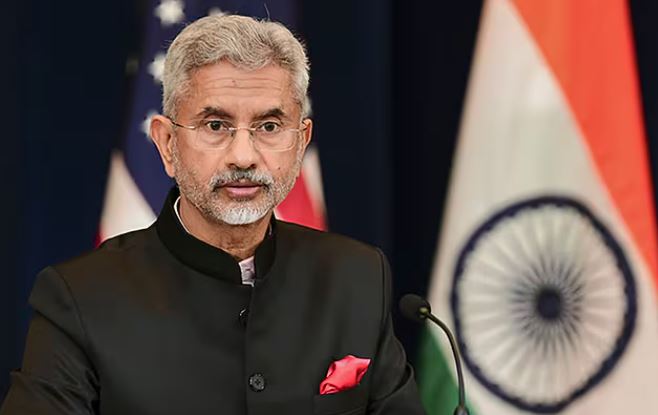


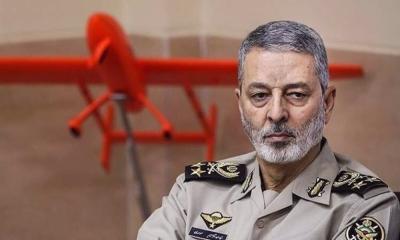

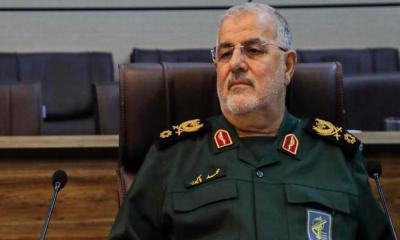
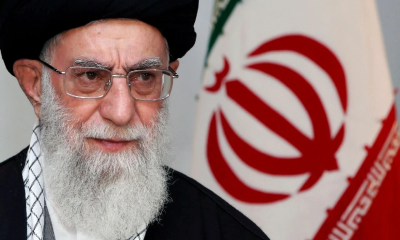
-20260301064029.webp)


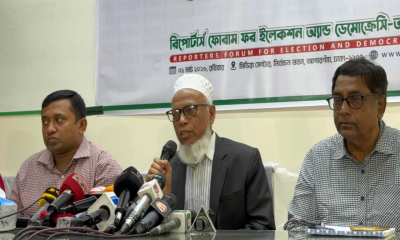
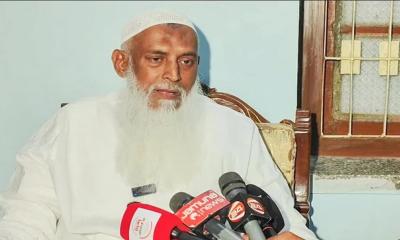
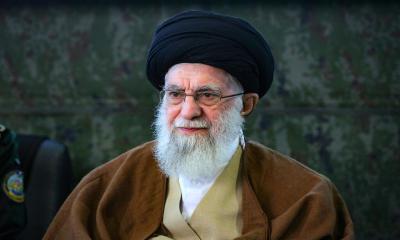

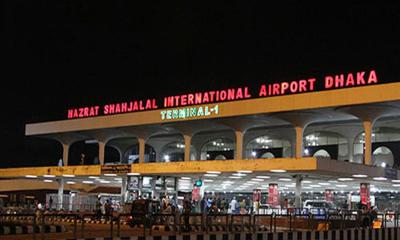

-20260228080513.webp)





-20260224075258.webp)






-20260225072312.webp)
